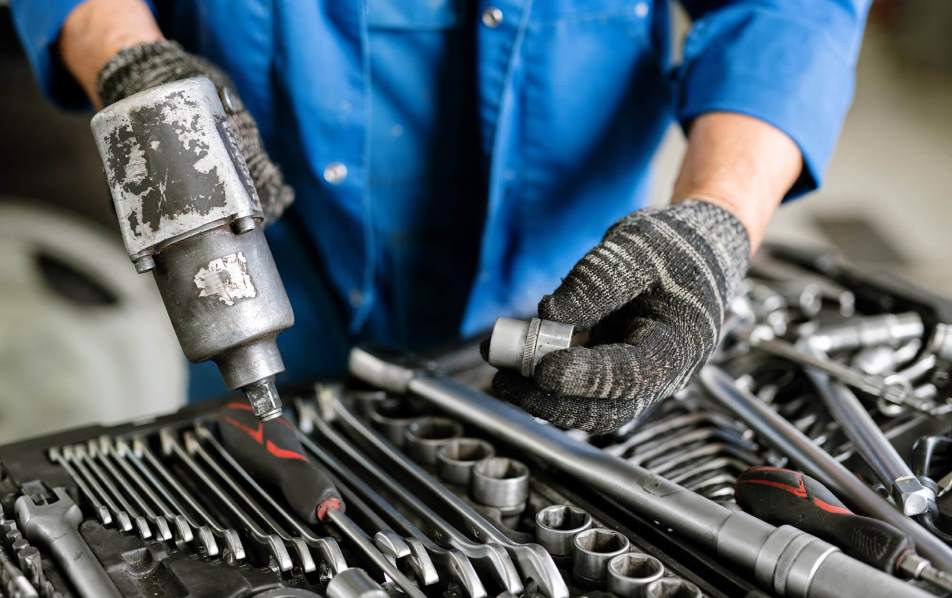Tools are the unsung heroes of auto repair, and their journey mirrors the evolution of the automotive industry itself. Let’s explore this transformation in more detail.
The Basics: Hand Tools
In the early 1900s, most repairs were done with basic tools such as adjustable wrenches, screwdrivers, and pliers. Cars were largely mechanical, and repairing them required brute force and skill rather than specialized equipment.
The Mid-Century Boom
By the 1950s and 60s, cars became more sophisticated, introducing hydraulics and complex engines. This era saw tools like pneumatic wrenches, which revolutionized how mechanics approached labor-intensive tasks.
The Digital Shift
As computers made their way into cars in the 1980s and 90s, tools evolved to meet the need for advanced diagnostics. OBD scanners became essential, allowing mechanics to “read” a vehicle’s computer for error codes. Today, these tools have evolved further into wireless systems capable of pinpointing issues within seconds.
Modern Innovations
Modern repair tools include laser alignment machines for suspension work, ultrasonic cleaners for delicate components, and AI-powered diagnostic systems. These tools save time and increase accuracy, allowing mechanics to focus on delivering high-quality repairs.
Sustainability in Tools
As environmental concerns grow, tools are being designed to reduce waste and energy consumption. For instance, rechargeable battery-powered tools are now replacing older, less efficient models.







